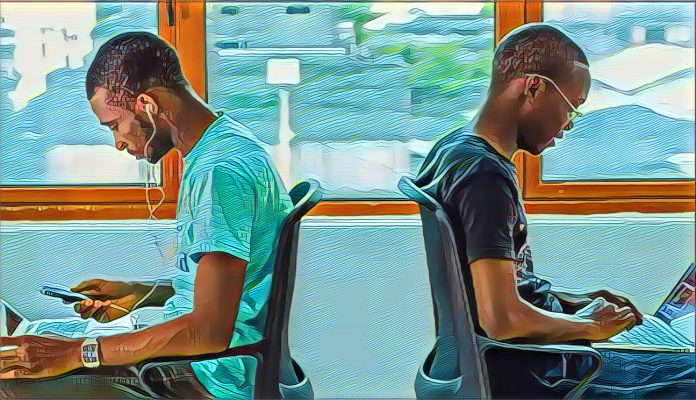Nigeria is one of Africa’s largest and fastest-growing telecom markets, with over 100 million internet users. However, many Nigerians still face challenges in accessing reliable and affordable internet services, especially in rural areas.
According to a recent report by BusinessDay, Nigeria has a glut of bandwidth from seven subsea cables that land on its shores, providing a total capacity of over 40 terabits per second (Tbps). However, only about 10% of this capacity is utilized due to various factors that hinder the deployment of broadband infrastructure on land.
Some of these factors include high costs of right of way, multiple taxation, vandalism, power outages, and regulatory bottlenecks. As a result, many internet service providers (ISPs) cannot extend their services beyond major cities and towns, leaving millions of Nigerians without access to the benefits of the digital economy.
The report also cites a study by Surfshark, a virtual private network provider, that ranks Nigeria 88th out of 121 countries in terms of digital quality of life, which measures the availability, affordability, and security of internet services. The study found that Nigerians must work over 35 hours a month to afford fixed broadband internet and almost three hours to afford mobile internet. This makes internet access highly unaffordable for many Nigerians compared to other countries.
Nigeria lags behind other African countries, such as South Africa, Egypt, and Kenya, regarding e-security, e-infrastructure, and e-government. These indicators reflect how well a country is prepared to counter cybercrime, how advanced its internet infrastructure is, and how effectively it delivers public services online.
The report calls for urgent action from the government and the industry to address the challenges facing the broadband sector in Nigeria. It suggests possible solutions, such as harmonizing taxes and fees, protecting telecom infrastructure as critical national assets, improving power supply and security, and implementing policies promoting competition and innovation.
Digital technologies enable economic growth, social inclusion, education, health care, agriculture, and governance. Nigeria can leverage its large population of young and tech-savvy people to create digital solutions that can solve local and global problems.
Nigeria has the potential to become a leading digital hub in Africa and beyond if it can overcome the barriers that limit its broadband development.
Source: BusinessDay



